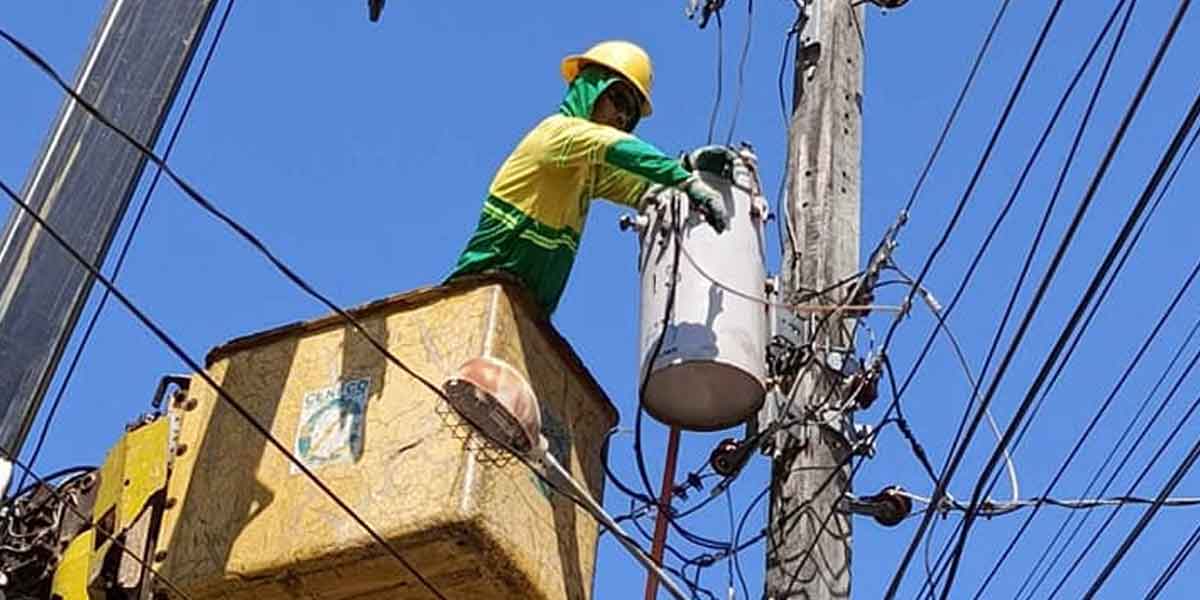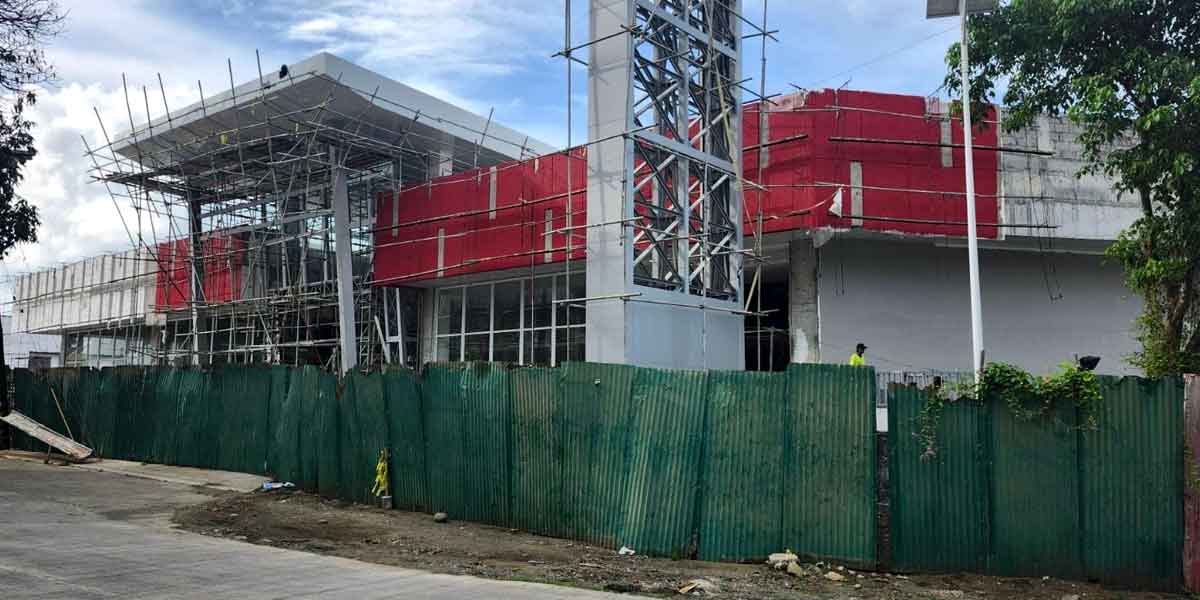 By Herbert Vego
By Herbert Vego
PRESIDENTIAL candidate Sen. Panfilo “Ping” Lacson recently raised our eyebrows with his announcement that he and his vice-presidential running-mate, Sen. Vicente “Tito” Sotto III, no longer support the death penalty for heinous crimes after years of seeking its re-imposition through separate bills.
“It is more important to save the life of a wrongly convicted person,” Lacson said in a press conference in the Senate.
Senate President Tito Sotto had steadfastly pushed for a death penalty law in a bill filed in 2014, but it did not pass.
Ironically, Sotto had been suspected of “protecting” a drug lord named Alfredo Tiongco, who had allegedly financed the senator’s 1992 senatorial campaign. While he decried the charge, he admitted having befriended Tiongco.
In July 2019, Lacson also filed a bill seeking to re-institute the death penalty in the country due to “alarming surge of heinous crimes in recent years.”
In his 2019 State of the Nation Address (SONA), President Rodrigo Duterte asked both the House and the Senate to consolidate their death bills and pass a death penalty law.
Have Sotto and Lacson indeed changed their position sincerely?
The only presidential candidate who has always stood up against death penalty is Vice-President Leni Robredo.
In reaction to the President’s 2019 SONA espousing death penalty, she begged to disagree, stressing that death penalty as implemented in the past had not deterred criminals: “Isa ‘yan sa ikinakalungkot natin. Kasi for the longest time, kontra talaga tayo dito.”
But it was Manny Pacquiao, at that time a loyal political ally, who shocked his colleagues most when he expressed the same wish. Who would have thought that a self-professed “born-again” Christian could be so hawkish in order to appease the President?
Well, why not? Hadn’t the President raised his hand and said, “For President na ito”?
That was five years ago when he was hoping to be “anointed” Duterte’s presidential candidate. Well, he is indeed running for president in 2022, but without Duterte’s endorsement.
Pacquiao tried to defend his stand with these words: “Even Jesus was sentenced to death.”
But of course, his flawed logic suggested that Jesus deserved the capital punishment for claiming to be the “Son of God”.
Since Jesus was wrongly accused of blasphemy, shouldn’t Pacquiao have cited it as argument against death penalty?
Christian morality stems from the Ten Commandments as written in the Bible, the 6th of which says, “Thou shalt not kill.”
If death penalty were not abolished during the incumbency of President Gloria Macapagal Arroyo, former President Joseph Estrada might have said “goodbye world” for his plunder conviction in 2007.
Arroyo, too, was convicted of plunder during the incumbency of Pres. Benigno Simeon “Noynoy” Aquino in 2012 over misuse of P366 million in Philippine Charity Sweepstakes Office (PCSO) intelligence funds.
Both Estrada and Arroyo had served “sick” time in hospital, only to be freed, run and win for mayor of Manila and congresswoman of Pampanga, respectively.
Obviously therefore, the revival of death penalty would not scare the “well-connected”.
It would prompt corrupt prosecutors and judges to extort more money from the accused in exchange for a resolution or decision of “not guilty”.
The book For Every Tear a Victory tells how a young lawyer named Ferdinand Marcos was tried and sentenced to death in 1939 for the murder of Assemblyman Julio Nalundasan.
If he had not been acquitted by the Supreme Court on appeal, he would not have lived to become President of the Philippines in 1966.
A triple execution by electric chair of Jaime Jose, Basilio Pineda and Edgardo Aquino for the 1967 gang rape of movie star Maggie dela Riva was covered live by radio.
President Marcos approved the execution by firing squad of Chinese drug trafficker Lim Seng in December 1972.
Both executions have not deterred similar crimes.
Obviously, therefore, fear of losing votes due to public disapproval of capital punishment could have triggered Ping’s and Tito’s “change of heart”.
-oOo-
FRANCHISE EXPANSION NO PROBLEM
THE appearance of MORE Power president and chief operating officer Roel Z. Castro before a public hearing at the Sangguniang Panglunsod (SP) of Iloilo City last Wednesday was enough to calm down the nerves of doubting Thomases thereat.
A few councilors had expressed fear that if and when MORE Power expands coverage to neighboring towns, power supply in the city would no longer be sustainable.
Castro assured them, “If given the opportunity by Congress, definitely we will expand our workforce. Whatever business we’ve already made for Iloilo City, we’ve actually made before. You have our assurance that there will be no disruption or delay in our plans for the city.”
A bill in the House of Representatives seeking to expand the company’s franchise had passed third reading. It would amend Rep. Act No. 11212, in effect expanding MORE Power’s coverage to the towns of Alimodian, Leganes, New Lucena, Pavia, San Miguel, Santa Barbara, and Zarraga in the 2nd district; Anilao, Banate, Barotac Nuevo, Dingle, Dueñas, Dumangas, San Enrique and Passi City in the 4th district.
The franchise expansion bill was jointly filed by Congressmen Mike Gorriceta (1st district, Iloilo) BJ Biron (4th dist.) and Jam-jam Baronda (Iloilo City).
Why doubt the financial stability of MORE Power when its major owner and chairman, Enrique K. Razon Jr. is known as “the third richest Filipino” with a net worth of US $5.8 billion?
Performance-wise, Castro succeeded in convincing the city dads that, in its one year and eight months of operation, the distribution utility had decreased the duration and frequency of power outages, minimized power pilferage and systems losses; and increased the number of consumers, capacity of substations, investments in facility and human capitals, and community engagement.
Maricel Pe, MORE Power’s head of the Customer Care Department, told this writer that their paying consumers have increased from 63,000 in February 2020 to more than 63,000 today.
MORE Power’ capital expenditure of P1.9 billion could easily be increased in the event of expansion.
It sells the cheapest energy in the Philippines at only P6.38 per kilowatt-hour, which is almost half the rates (P10 to P12) charged by most electric cooperatives.
Don’t you agree, councilor Rommel Duron?





















